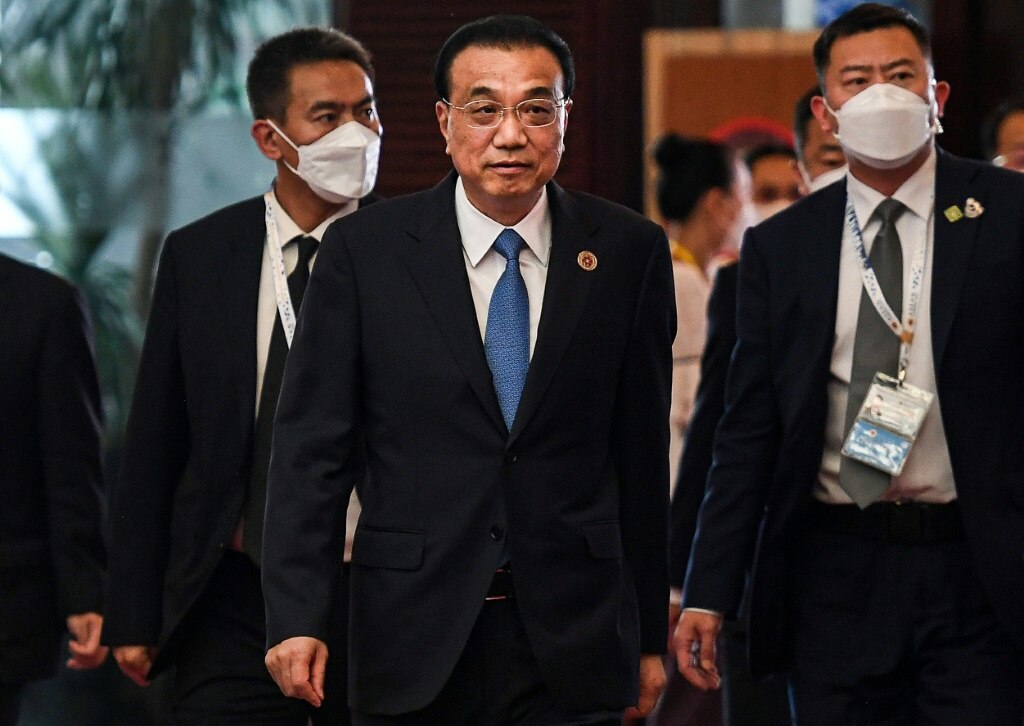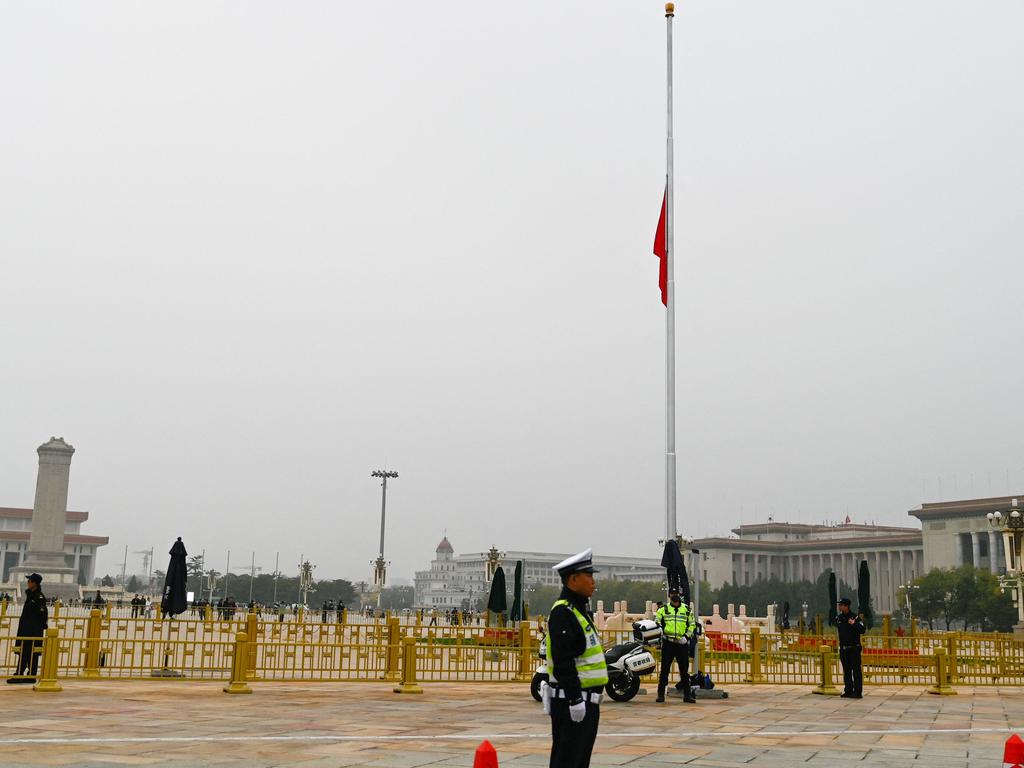Coded messages for Xi as China mourns former premier
Social media posts praise China’s liberal former premier as leaders pay their respects
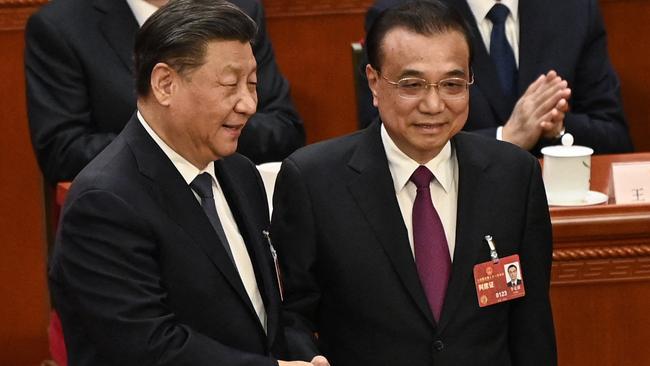
China’s most senior leaders gathered in Beijing yesterday (Thursday) to pay their respects to the former premier Li Keqiang in a funeral that served as an opportunity for discreet indirect criticism of President Xi.
Li died of a sudden heart attack last Friday at the age of 68, months after his retirement and following a career in which he was ultimately marginalised by Xi.
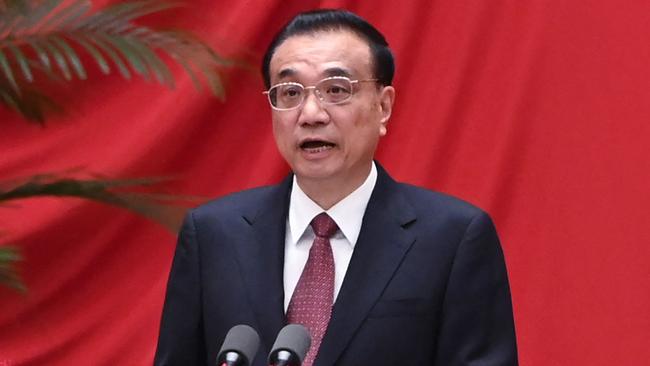
His funeral was conducted without incident or explicit challenge to Xi, but posts on social media praising Li as a reformer will be read by many Chinese as a rebuke to the regime.
Xi and the full membership of the Chinese Communist Party’s politburo standing committee came together at the Babaoshan revolutionary cemetery in western Beijing to pay their final respects to Li.

Accompanied by his wife, Peng Liyuan, Xi bowed three times in front of the coffin, which was draped in the party flag. State television showed Xi shaking hands with members of Li’s family, including his widow, Cheng Hong, a scholar and literary translator.
Li’s remains were cremated after the ceremony, which was marked with flags flown at half mast at public buildings across the country.
The deaths of senior leaders have triggered political unrest in the past, including the Tiananmen Square protests of 1989, which began as expressions of mourning for Hu Yaobang, a relatively liberal party leader.
One social media user wrote: “Only he understood me. I’ve not had a stable job for four years.” The comment was later removed.
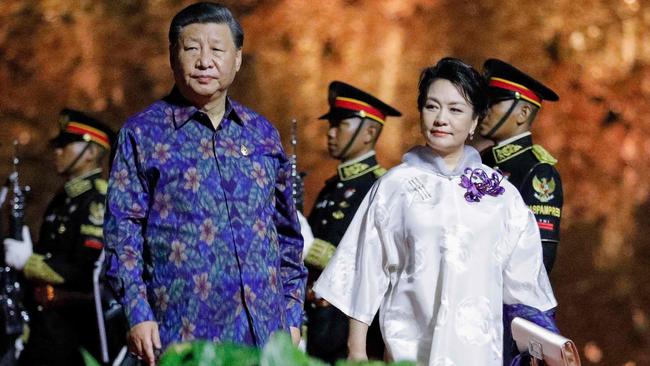
A strong police presence discouraged any expressions of explicit dissent. In Li’s home city of Hefei, west of Shanghai, crowds of people queued to lay flowers onto a growing heap, in the same way that they did last year for the late president, Jiang Zemin.
Li was an economist who rose to the senior levels of the Chinese Communist Party and was widely seen as a candidate to succeed the previous president, Hu Jintao. He pushed for an opening up of opportunities for private companies.
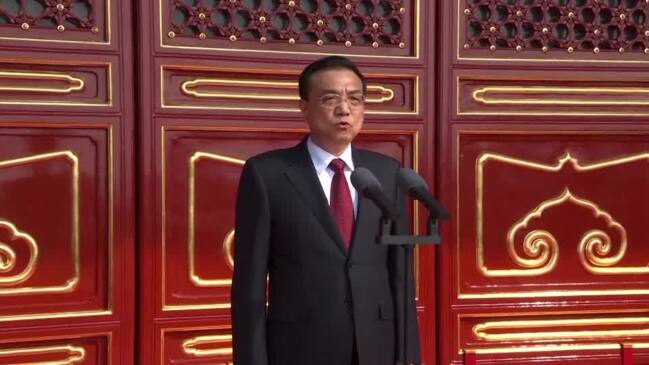
However, he was outmanoeuvred by Xi, who has centralised decision-making power under his own personal authority and favours state influence over the economy at the expense of “Likonomics”, as Li’s doctrine was known.

